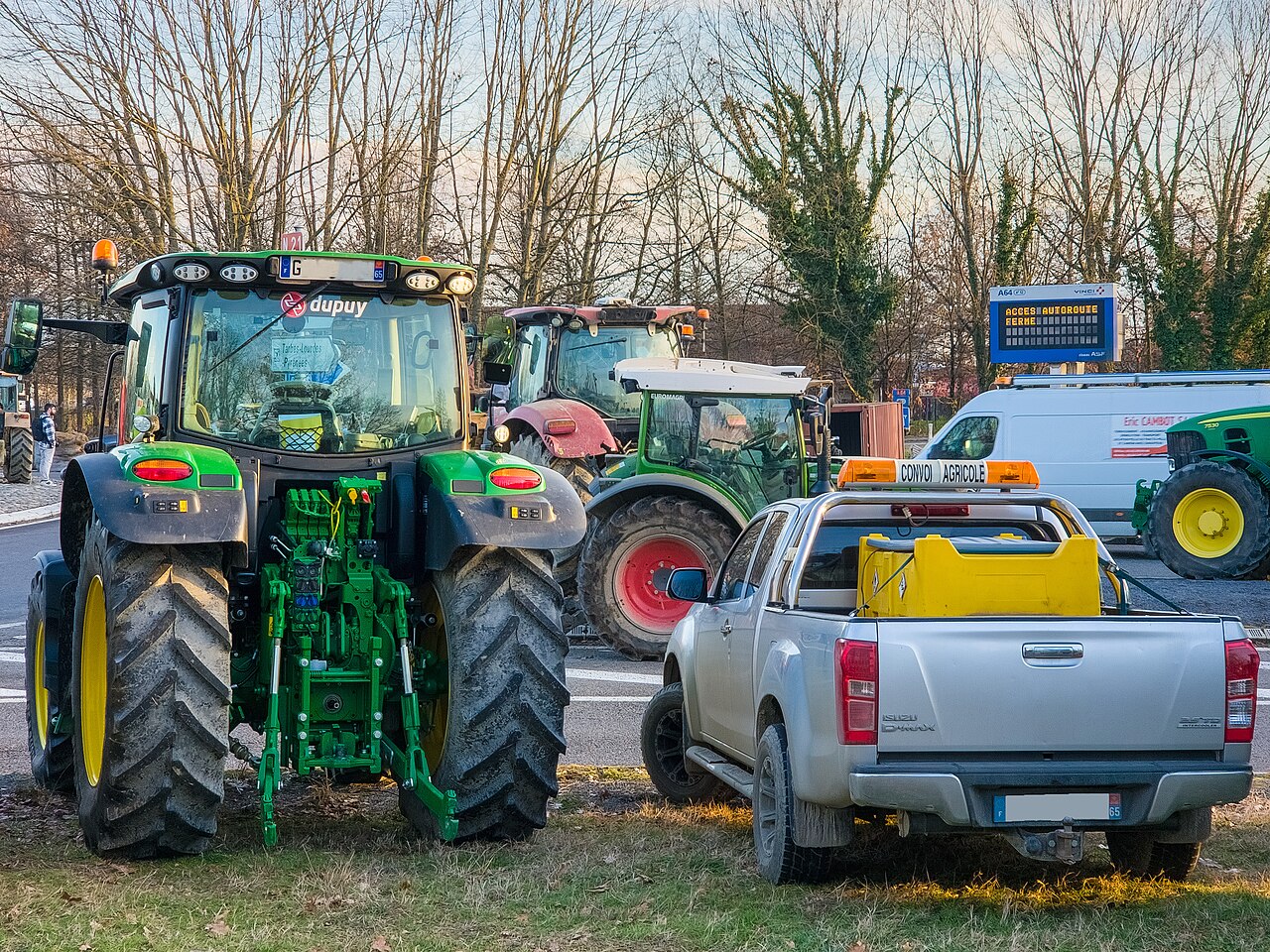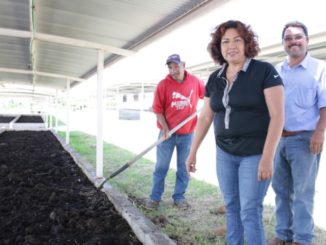
In this op-ed, Dr. Jeroen Candel of Wageningen University assesses the varying, sometimes contradictory pressures which have led to the current wave of farmers’ protests. In a context of short-term concessions and political expediency, of populism and polarities, he nevertheless sees new opportunities for farming in an ecological transition.
In recent weeks, the streets of European cities have echoed with the clamor of farmers’ protests. From the Brandenburg Gate in Germany to the boulevards of Paris, farmers have taken to the streets to voice their discontent over a range of issues, from diesel tax breaks to environmental regulations. These protests, now spreading across borders, underscore a shared frustration among European farmers over escalating environmental demands, rising costs, and a perceived lack of societal appreciation.
Root Causes
As a scientist deeply engaged in studying European agricultural and food policy, I cannot help but reflect on the root causes of these protests and the urgent need for reform. The challenges facing European agriculture are multifaceted, stemming from a combination of environmental degradation, economic pressures, and policy inertia. While many politicians express surprise at the scale of these protests, the warning signs have been evident for years.
At the heart of the issue lies the tension between the imperatives of modern agriculture and the need to protect our planet’s fragile ecosystems. European farmers find themselves caught in a web of regulations and market forces that increasingly limit their autonomy and ability to make a fair income. Meanwhile, governments and agricultural interest groups have often chosen to postpone solutions, opting instead for short-term fixes that fail to address the underlying structural issues.
The European Union’s Common Agricultural Policy (CAP) is a case in point. While successive reform rounds have aimed to address environmental concerns, they have often fallen short of delivering meaningful change. The watering down of greening proposals by the Council and European Parliament, for example, has perpetuated the lock-in of an unsustainable agricultural system, further eroding public trust in the CAP’s ability to deliver on its promises. Meanwhile, the funnelling of billions of euros into the dominant agri-food regime, has put a break on disruptive innovations with possibly greater transformative potential.
Similarly, the 2009 Sustainable Use of Pesticides Directive, which already prescribed that pesticides should be used as a last-resort option only, has hardly been followed up by member state governments and the agrichemical industry. The ensuing lack of sustainable alternatives has been used as a pretext to derail the proposal for a more stringent pesticide regulation perpetuating a cycle of environmental degradation and public health risks.
So far, the response of national politicians to the farmers’ protests has been characterised by short-term concessions and political expediency, rather than long-term vision and leadership. By prioritising economic interests over environmental sustainability, they risk further exacerbating the challenges facing European agriculture. Moreover, the rise of populist parties has exploited political incompetence and inertia, stoking anti-environmentalist, anti-EU, and anti-intellectual sentiments. Rather than confronting these narratives head-on, influential politicians have succumbed to populist discourse – such as Manfred Weber’s and Emmanuel Macron’s embracing of a particular interpretation of food security and food sovereignty arguments to delegitimise the Farm to Fork agenda – undermining efforts to promote a more sustainable and inclusive transition.
Hope Amidst Turmoil
Yet, amidst the turmoil and uncertainty, there exists a glimmer of hope. The transition to more sustainable and plant-based production methods offers a path forward that is both environmentally sound and economically viable. Studies have shown that farm incomes could actually improve by embracing plant-based consumption and production, while large-scale nature restoration projects have the potential to revitalise rural economies and enhance quality of life.
However, realising these opportunities requires bold leadership and decisive action. Tough choices must be made about the future of European agriculture, including the role of intensive livestock farming and the principles of circularity within the sector. As discussions around the implications of Ukraine’s possible EU accession intensify, it is imperative to consider the broader implications for the European food system and the equitable distribution of burdens and responsibilities.
The upcoming European election campaign provides an opportunity to reframe the debate around agriculture and food policy. Rather than perpetuating divisive narratives and short-term fixes, political leaders must embrace a more holistic and science-based approach to policymaking. This requires a commitment to evidence-based decision-making, grounded in the latest scientific research and guided by principles of sustainability and social justice. Rather than using dialogue to serve personal agendas, it requires a willingness to engage with stakeholders across the food systems spectrum, including farmers, innovative food producers, researchers, policymakers, and civil society organisations, in a spirit of collaboration and mutual respect.
As we confront the complex challenges of the 21st century, there is no room for complacency or business as usual. The future of European agriculture hangs in the balance, and the decisions we make today will shape the world we leave for future generations. It is time to rise to the challenge, to embrace the opportunities for change, and to build a more sustainable and resilient food system for all. Failure to do so risks perpetuating a cycle of discontent and unrest on Europe’s highways and farmlands.
More
Missing Targets and Making Partnerships – Denmark and Climate Change
Let’s Talk About Food! The UK Project Starting National Conversations
Marburg Gathering | Building Bridges for Future-Proof Food Systems
Mind The Gap! Sustainable Food Systems Need Intergenerational Cooperation
We Can’t Eat Promises! Good Food Good Farming month culminates in Brussels protest






